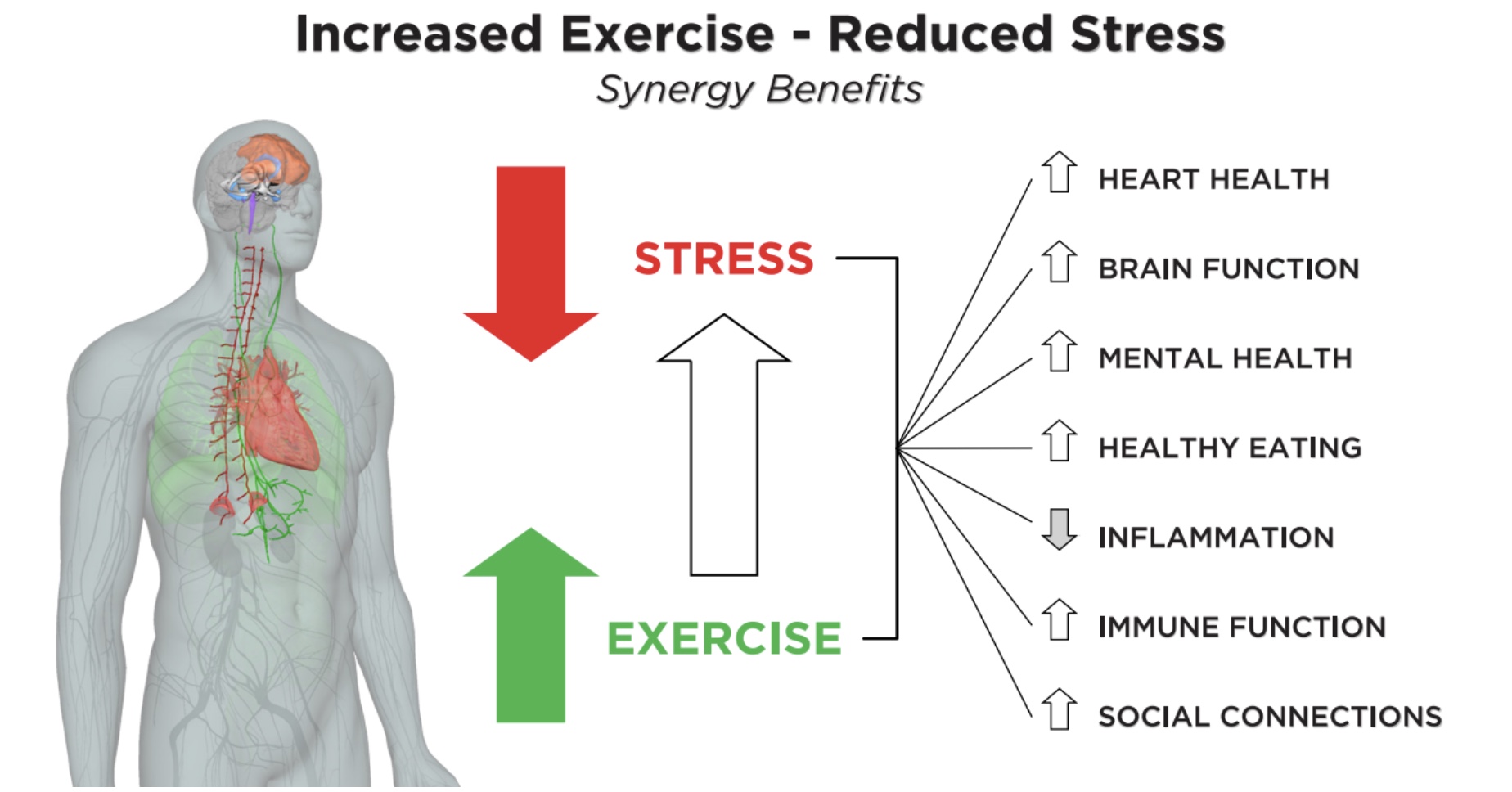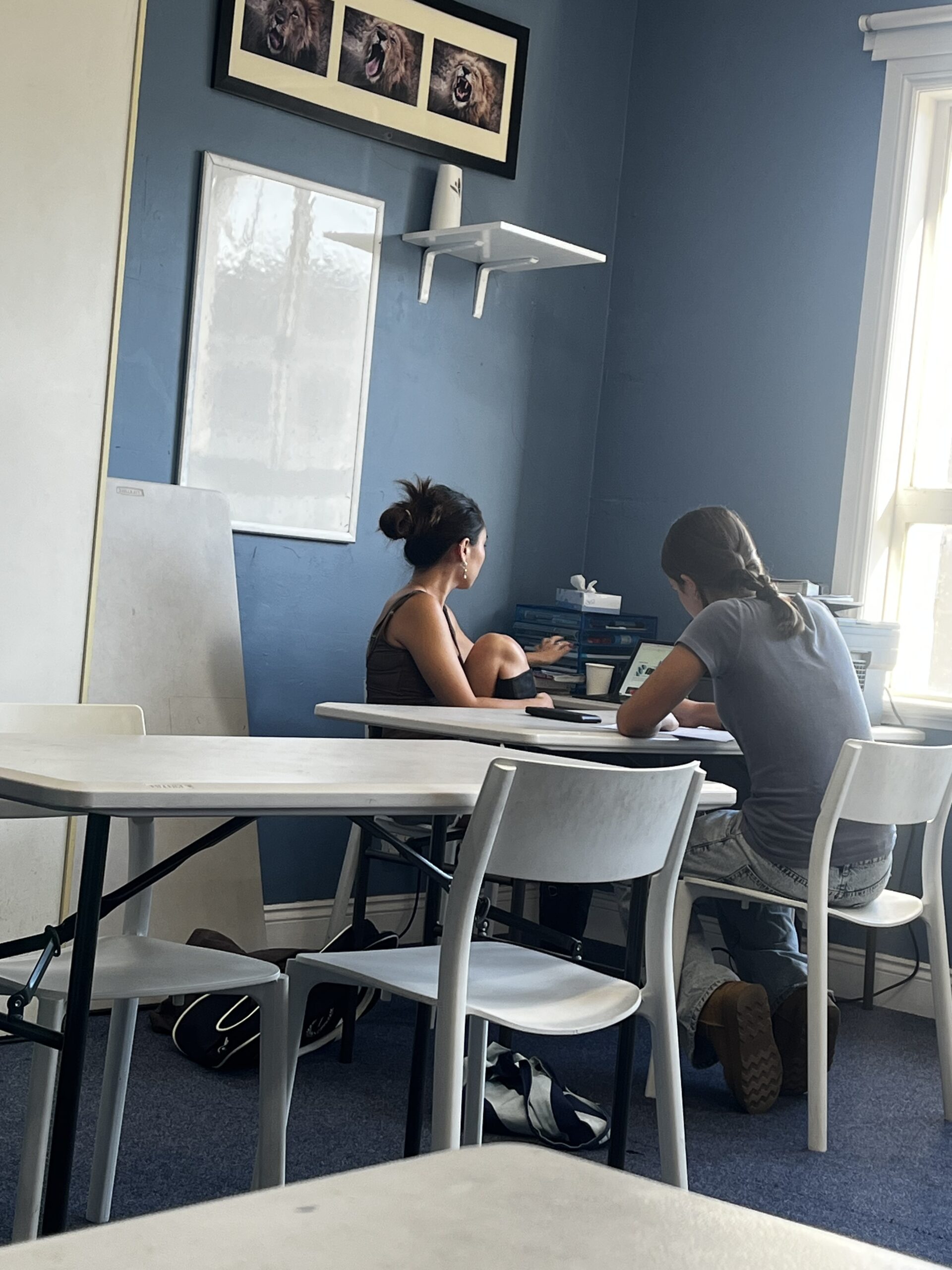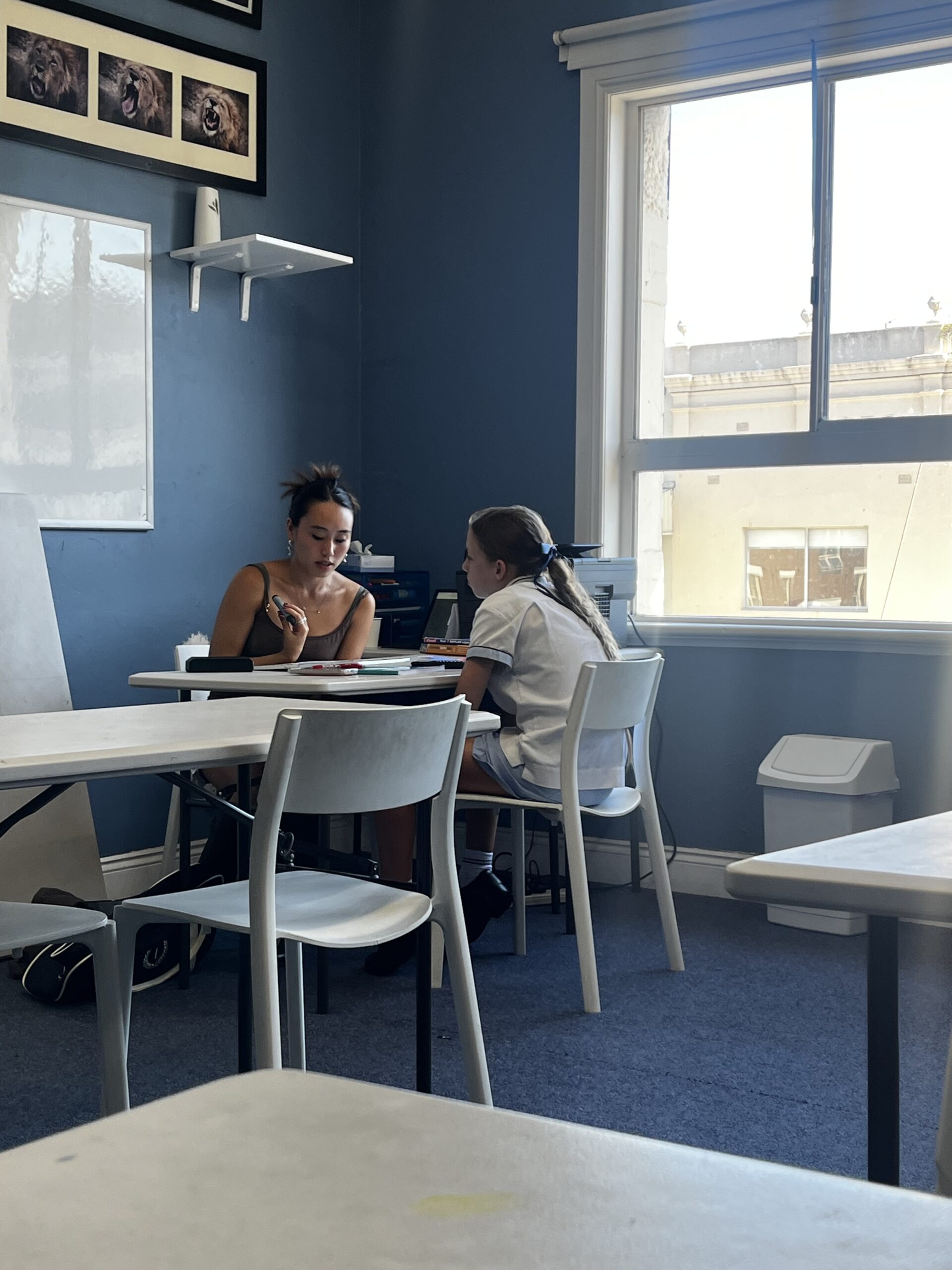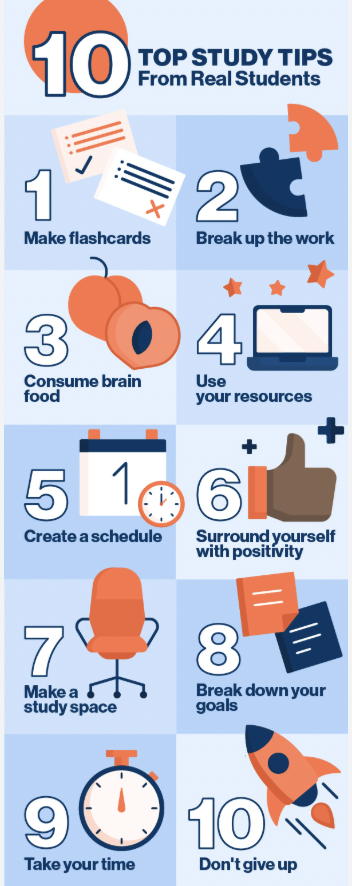Hey everyone!
I got the opportunity to observe Sam and his student Ned learning about simultaneous equations, functions and trigonometry in advanced maths. I liked that Sam also included a brief introduction to matrices and how they could be used to solve simultaneous equations. It made the session less tedious on the brain while adding a bit of fun to the session. When explaining functions, Sam started with a quick review of the basics to check Ned’s knowledge and made good use of verbal encouragement to increase his confidence. He also used examples that utilised skills that overlap different topic areas to help Ned consolidate his knowledge of maths (e.g. using examples from trigonometric graphs when teaching concepts about functions). Sam took the time to answer Ned’s questions in detail and used a variety of multiple-choice, short-response and verbal explanations to supplement Ned’s learning.
A highlight of the session for me was that Sam linked graphical and algebraic meanings very well, and it was clearly beneficial for Ned to be able to visualise the meanings of what he was working out on paper. This is something that I will aim to include more purposefully in my future sessions, as I have noticed visualising is an extremely effective tool that I use often, but is not something I have systematically taught to my students.
It was amazing to see how much they achieved this session, thanks for letting me observe!
Derus Kung











